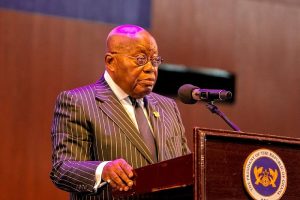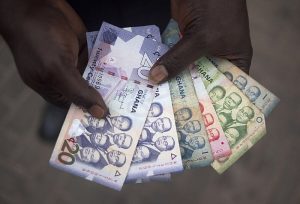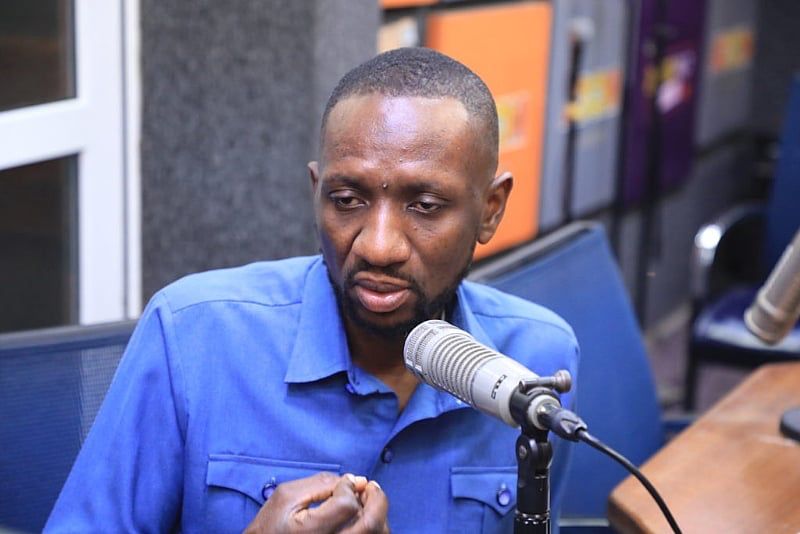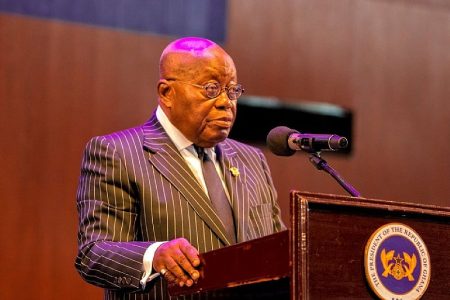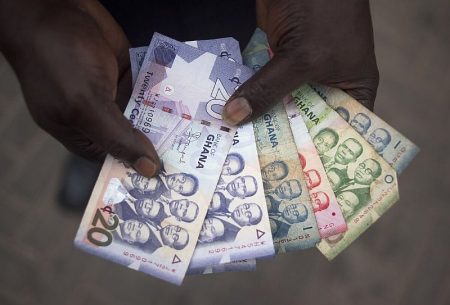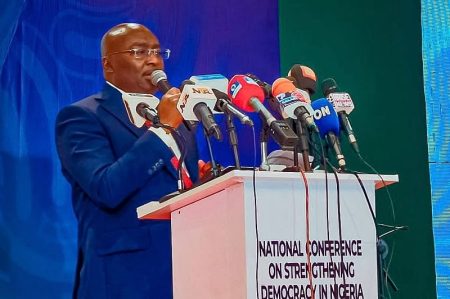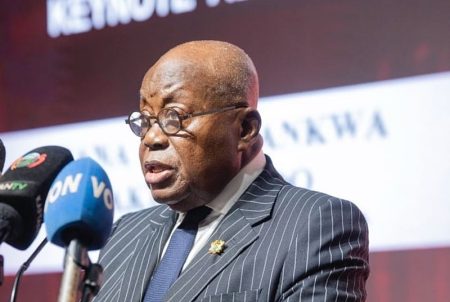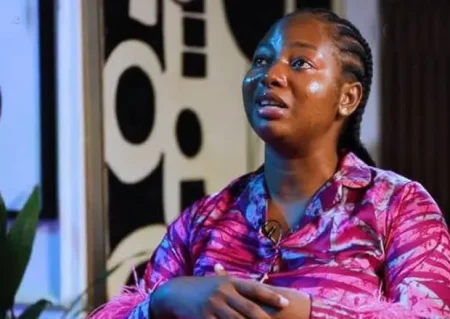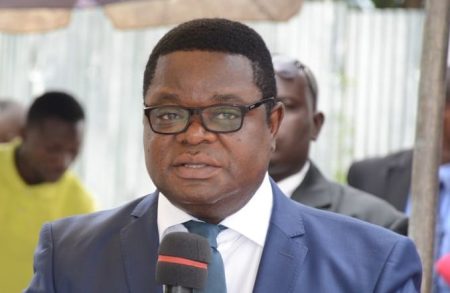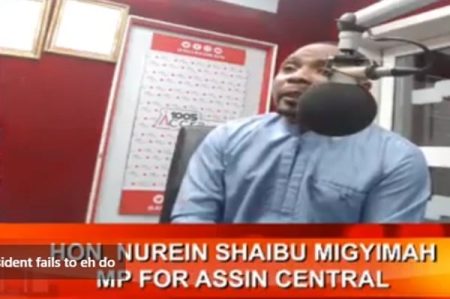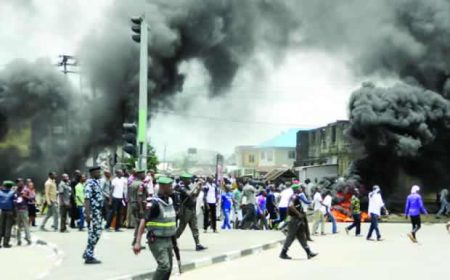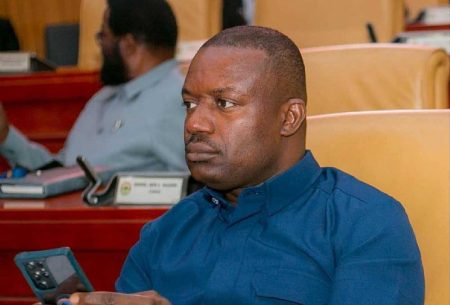Paragraph 1: The Genesis of the Accusation
Kofi Ofosu Nkansah, the former Chief Executive Officer of the National Entrepreneurship and Innovation Programme (NEIP), has levied serious accusations against Kwame Anyimadu-Antwi, the Member of Parliament for Asante Akim Central. Nkansah alleges that Anyimadu-Antwi orchestrated his arrest by the Office of the Special Prosecutor (OSP) in 2024. The arrest stemmed from allegations of distributing money to delegates during the New Patriotic Party (NPP) parliamentary primaries. This claim forms the crux of a developing political drama within the NPP, revealing internal tensions and power struggles. Nkansah’s public airing of these accusations on social media platforms has further amplified the controversy, bringing the conflict into the public domain and raising questions about the integrity of the internal processes within the party.
Paragraph 2: The Alleged Misrepresentation and Informant
The core of Nkansah’s accusation revolves around a meeting he held with Chairman Wontumi, a prominent figure within the NPP, and the Municipal Chief Executive (MCE), Yaw Kwakye. Nkansah alleges that Anyimadu-Antwi received a report of this meeting from the MCE and subsequently distorted the details, presenting a misrepresentation of the events to the OSP. This deliberate misrepresentation, according to Nkansah, formed the basis for his arrest. The allegation is further bolstered by Nkansah’s claim that he received this information from a former ally of Anyimadu-Antwi, who had subsequently switched allegiance to Nkansah’s camp. This informant, whose identity remains undisclosed, allegedly provided inside knowledge of Anyimadu-Antwi’s actions, lending credibility to Nkansah’s claims.
Paragraph 3: The Root of the Conflict: Disrespect and Political Rivalry
Nkansah posits that the underlying reason for Anyimadu-Antwi’s alleged actions is a perceived lack of respect stemming from their past political contests. He claims that Anyimadu-Antwi repeatedly accuses him of being disrespectful, a sentiment Nkansah attributes to the challenges he posed during previous elections. Nkansah argues that his actions during these contests, which he characterizes as responses to Anyimadu-Antwi’s own conduct, are typical of political competition, regardless of the age difference between candidates. This perceived disrespect appears to be a significant factor fueling the animosity between the two individuals and provides context for the current accusations.
Paragraph 4: Past Confrontations and Unresolved Issues
Further illustrating the history of conflict between them, Nkansah recounts an incident from their first political contest. He alleges that Anyimadu-Antwi orchestrated an attack on his supporters by a group of thugs. In response, Nkansah engaged in verbal attacks against Anyimadu-Antwi. He maintains that while Anyimadu-Antwi demanded an apology for these verbal attacks, Nkansah refused, insisting that Anyimadu-Antwi first apologize for the alleged physical assault on his supporters. This incident underscores the unresolved tensions and the cycle of accusations and counter-accusations that characterize their relationship.
Paragraph 5: Implications for the NPP and Political Discourse
These allegations have significant implications for the internal dynamics of the NPP. The public nature of the accusations exposes internal divisions and power struggles within the party. It raises questions about the conduct of party members and the potential for manipulation of institutions like the OSP for political gain. Furthermore, the incident highlights the challenges of maintaining decorum and ethical conduct within fiercely competitive political environments.
Paragraph 6: The Need for Investigation and Due Process
While Nkansah’s accusations are serious and warrant attention, it’s crucial that they are thoroughly investigated. Due process must be followed to establish the veracity of the claims and determine whether Anyimadu-Antwi did indeed orchestrate Nkansah’s arrest through misrepresentation and manipulation. The outcome of such an investigation will be critical not only for the individuals involved but also for the broader political landscape in Ghana, as it will set a precedent for how internal party conflicts are addressed and the role of independent institutions like the OSP in such matters. The case also underscores the importance of fostering a political culture of transparency and accountability.



